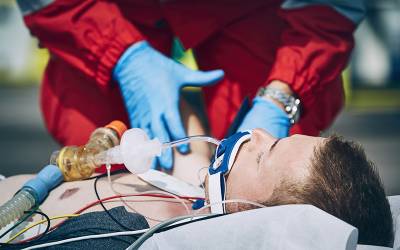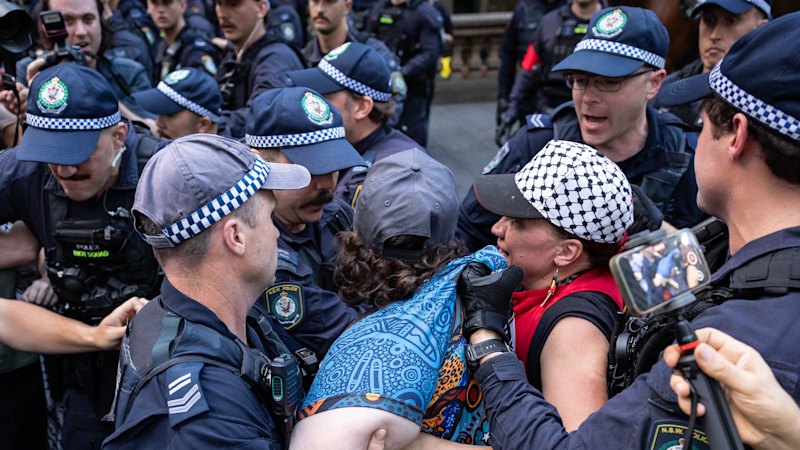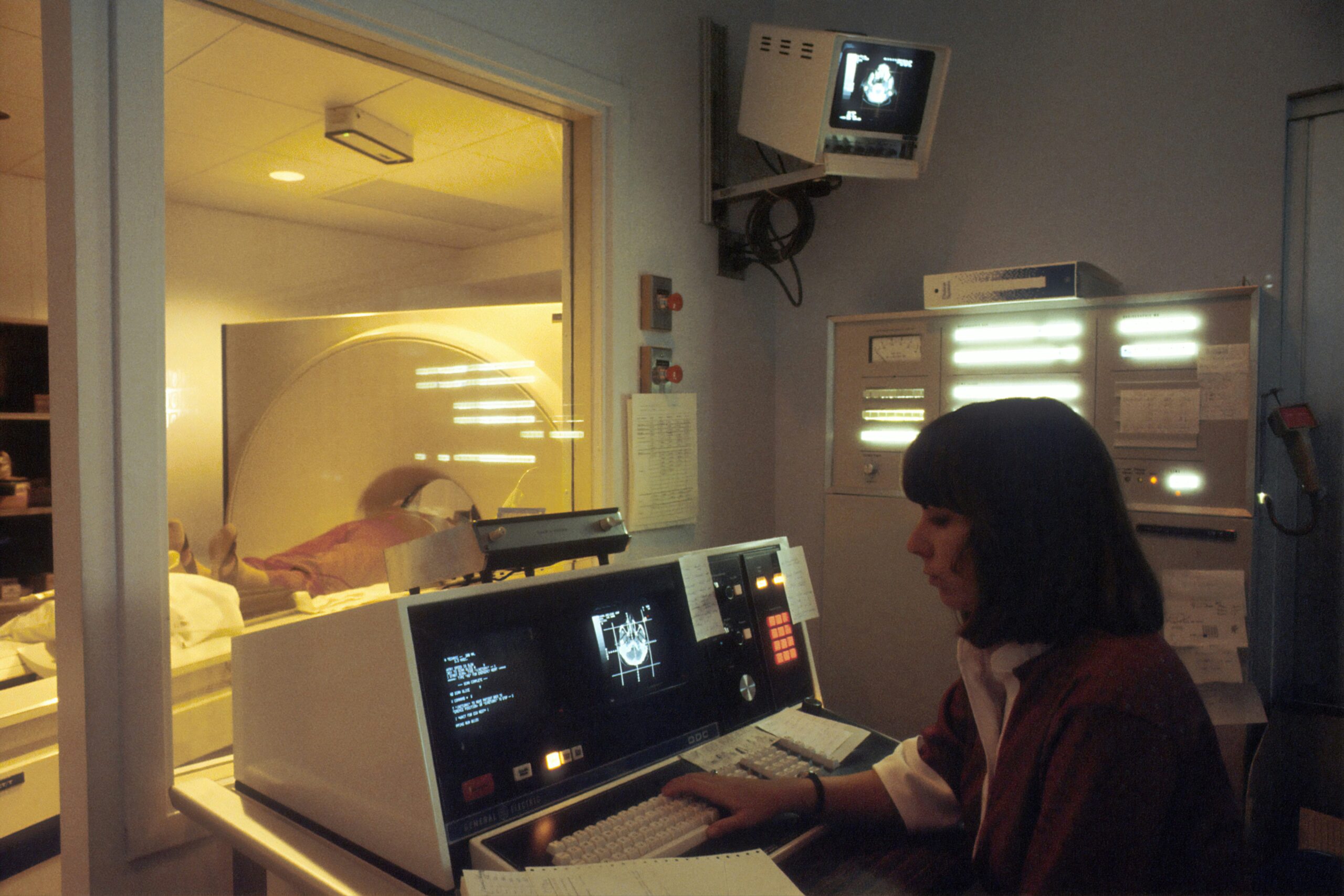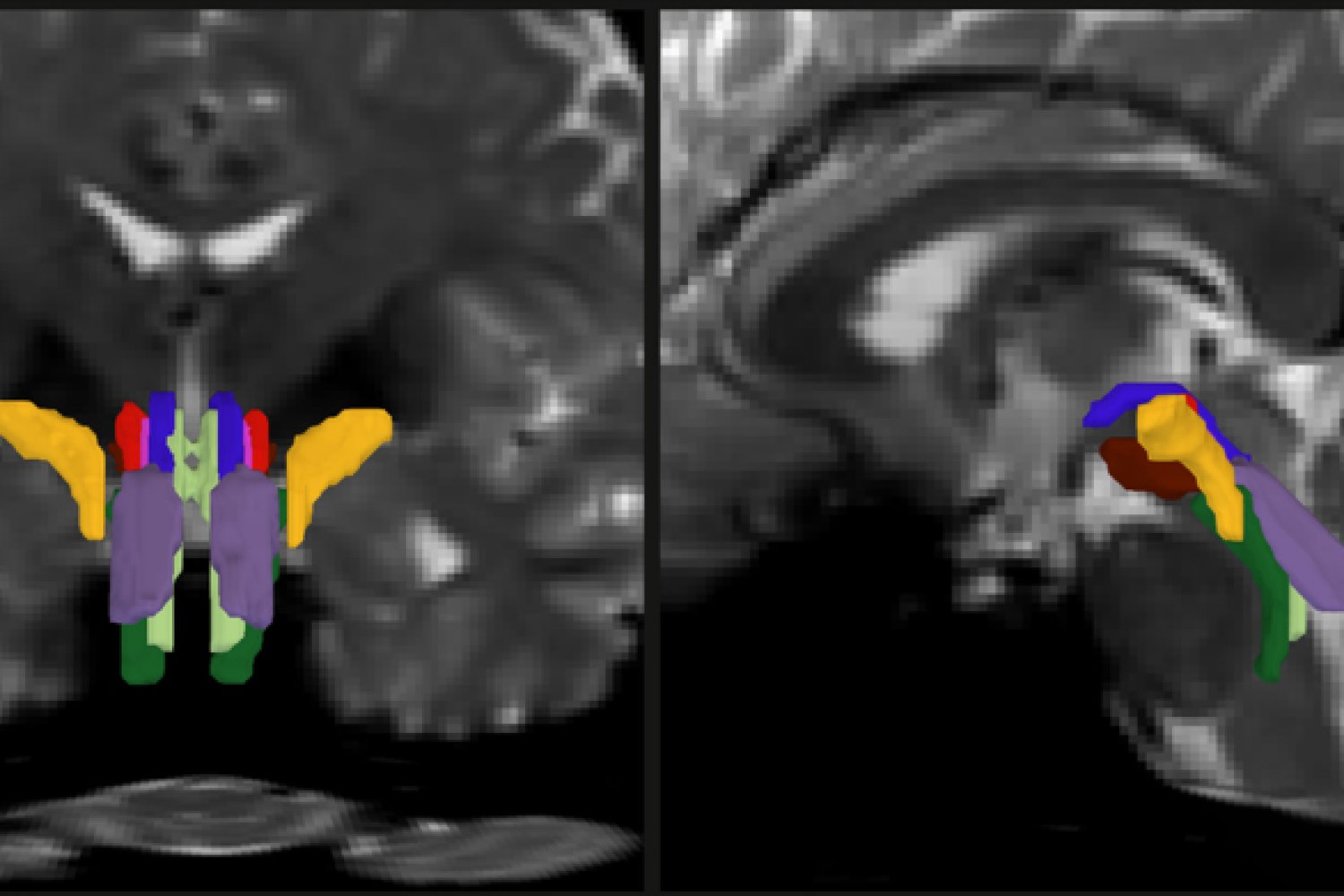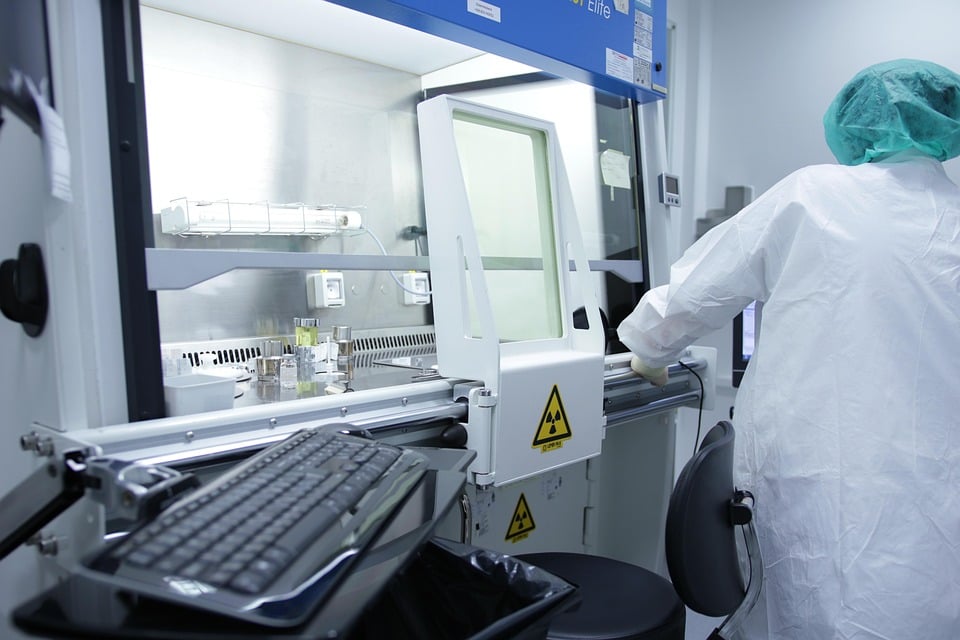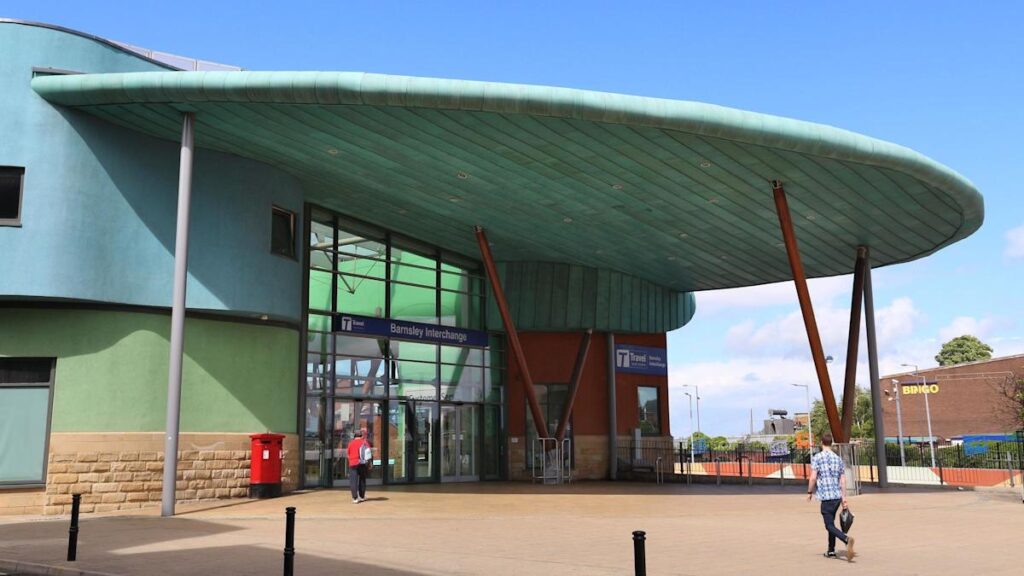
Almost half of girls aged 14 to 15 report feeling unsafe using Barnsley Interchange, according to a recent survey led by the council. The findings, which will be reviewed by Barnsley Council at a meeting on Thursday, highlight significant safety concerns among young female commuters.
The “Let’s Hear Your Voice” questionnaire collected anonymous responses from 1,691 pupils across 44 schools, revealing a broader spectrum of issues including mental health, school experiences, and future preparedness. A spokesperson from the South Yorkshire Mayoral Combined Authority (SYMCA) acknowledged the challenges, stating, “We recognize that there are issues with anti-social behaviour and we’ve been working hard to address these because we won’t be happy unless everyone feels safe when using our interchanges to access public transport.”
Survey Findings and Safety Statistics
According to the survey, 46.8% of Year 10 girls expressed feeling unsafe at Barnsley Interchange, with 41.1% feeling similarly about the town centre. In contrast, younger respondents from Year 6 and Year 8 reported lower feelings of insecurity, with 25.6% and 21% respectively feeling unsafe in these areas. The concern diminishes further among girls over the age of 16, with only 15.4% feeling unsafe at the interchange and 7.7% in the town centre.
“46.8% of Year 10 girls feel unsafe at Barnsley Interchange, compared to 25.6% of Year 6 and 15.4% of those over 16.”
The biennial survey, conducted by Public Health in Barnsley, tracks pupils from Year 4 to Year 10 and post-16, providing a comprehensive overview of young people’s experiences and concerns.
Broader Concerns: Mental Health and Bullying
The survey also highlighted mental health issues, with 30% of pupils often worrying and 54% sometimes doing so. Common sources of anxiety included schoolwork, exams, and fears of being disliked. Bullying remains a significant issue, with 13% of pupils experiencing it often and more than a third occasionally, primarily occurring in person at school.
“30% of pupils often worry, with schoolwork and exams being major stressors.”
Despite increased awareness of active travel, most pupils still commute by car, with a slight decline in walking rates among younger students since 2022. Participation in sports and cultural activities remains robust, yet many pupils favor other hobbies over physical activity.
Efforts to Improve Safety and Wellbeing
The SYMCA spokesperson noted, “Over recent years at Barnsley Interchange we have seen an overall reduction in incidents of anti-social behaviour. We have installed new CCTV cameras and upgraded the Public Address system; worked with the police to increase patrols on site, particularly in the Winter months; and we now have new staff whose role is to respond to anti-social behaviour, working across our interchanges but who are based at Barnsley Interchange.”
These measures reflect ongoing efforts to enhance safety and security at the interchange, a critical hub for public transport in the region.
Next Steps and Community Response
Barnsley’s Health and Wellbeing Board is set to consider the survey’s findings on Thursday, potentially leading to further initiatives aimed at addressing these pressing concerns. Community leaders and parents are keenly watching the developments, hoping for effective strategies to ensure the safety and wellbeing of young commuters.
As the council prepares to deliberate on these issues, the broader community remains engaged, seeking solutions that will foster a safer and more supportive environment for all students navigating the challenges of modern life.

